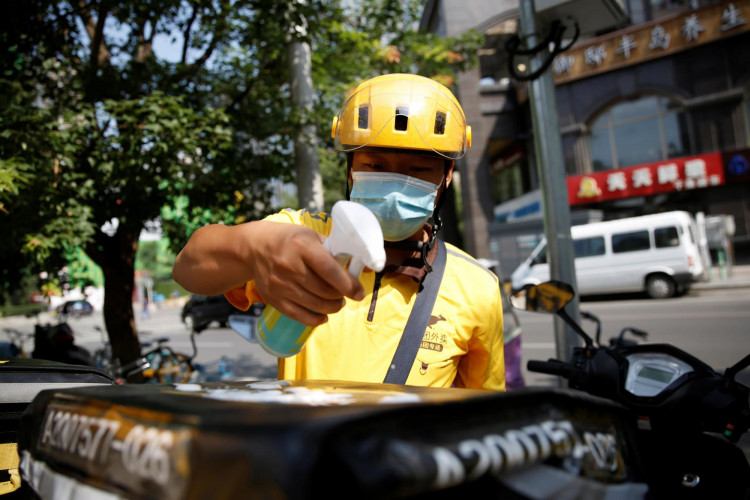Food delivery has become a representation of industries that are thriving in the pandemic but experts have mixed predictions about where it will be after COVID-19.
Food Delivery Habits
When lockdowns were ordered food delivery services skyrocketed and capital came flowing into the accounts of companies in the industry.
These companies had high hopes for the coming years as more people came to rely on them for food needs.
Harvard Business School associate professor Scott Duke Kominers believes there will be a "decline" in the demand for delivery services as COVID-19 vaccines are rolled out.
On the other hand, Kominers said "new habit formation is powerful," indicating that people who have become used to getting food delivered may retain this habit after the pandemic.
Kominers recommends companies should establish better ways to share revenue with restaurants post-pandemic.
Food Delivery Fees Too High?
Erie County legislators introduced a new law that would cap delivery services fees in the county as restaurant owners raised the issue about too-high fees.
The politicians said restrictions on delivery fees would help restaurant owners across the county struggling to keep up with the charges that delivery providers demand.
Westchester County has introduced a similar legislation that should help keep restaurants under a dine-in ban to keep their costs down.
Erie County legislator Joe Lorigo, who helped introduce the legislation, said the "extremely costly" fees should be changed to help the "struggling local restaurant industry."
Food Delivery Workers Open Up
There have been recent reports about the struggles of food delivery workers and bike riders along with the rise of food delivery apps like Grubhub, DoorDash and Uber Eats.
Medical experts have raised concerns about the health and safety of food delivery employees, especially with rising cases in the sector.
Apart from the risk of contracting COVID-19 during deliveries, some workers have reported assaults and bicycle thefts - making it harder for them to retain the only jobs left for them during the pandemic.
Finally, drivers in the food delivery sector complained about pay. As independent contractors, delivery workers aren't entitled to health insurance, overtime or other benefits.
DoorDash offered assistance to its independent contractors. The app said it offered sick pay to COVID-19 infected workers and also provided wipes, masks, gloves and hand sanitizers to help protect them from the virus.
Food delivery is expected to continue growing post-pandemic but experts believe changes need to be established for a sustainable business.






